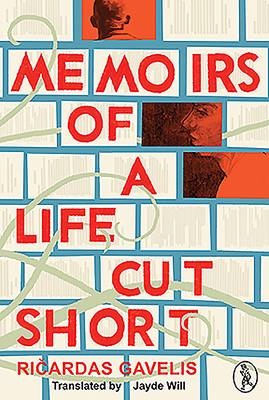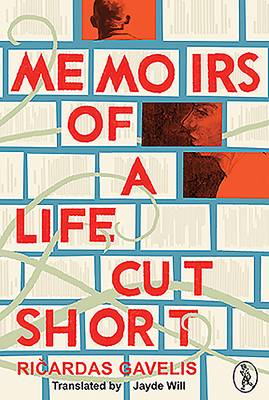
- Afhalen na 1 uur in een winkel met voorraad
- Gratis thuislevering in België vanaf € 30
- Ruim aanbod met 7 miljoen producten
- Afhalen na 1 uur in een winkel met voorraad
- Gratis thuislevering in België vanaf € 30
- Ruim aanbod met 7 miljoen producten
Zoeken
Omschrijving
Levas Ciparis, the anti-hero of this masterly critique of life in the late Soviet Union, is a man alone and he desperately wants to belong. He is obstructed in this quest by his own innocence and decency. In fact, the irresolvable tension between moral probity and necessary compromise is one of the many themes of this novel. Ciparis writes letters to his estranged friend Tomas Kelertas, with whom he has something of a love-hate relationship, which became more obsessive after their estrangement. The randomness of life does not always work against Ciparis, as he recounts his experiences from sickly child in a basement flat to his final moments in Leningrad when all options fall away. The system can work in his favor - primarily through a marriage that gains him a father-in-law who is a powerful, intelligent and utterly corrupt politician at the top of the Soviet regime in Lithuania - but ultimately there is no place for him in that society or perhaps anywhere.
Specificaties
Betrokkenen
- Auteur(s):
- Vertaler(s):
- Uitgeverij:
Inhoud
- Aantal bladzijden:
- 260
- Taal:
- Engels
Eigenschappen
- Productcode (EAN):
- 9781908251817
- Verschijningsdatum:
- 4/12/2018
- Uitvoering:
- Paperback
- Formaat:
- Trade paperback (VS)
- Afmetingen:
- 137 mm x 208 mm
- Gewicht:
- 299 g

Alleen bij Standaard Boekhandel
+ 41 punten op je klantenkaart van Standaard Boekhandel
Beoordelingen
We publiceren alleen reviews die voldoen aan de voorwaarden voor reviews. Bekijk onze voorwaarden voor reviews.







